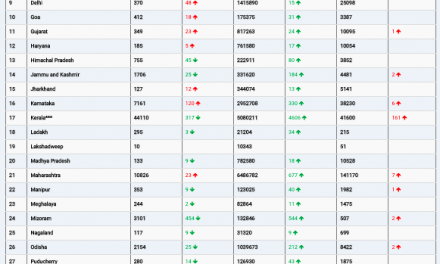On World Lupus Day, health experts underscored the pivotal role played by female sex hormones, particularly oestrogen, and genetics, notably the X chromosome, in rendering women more susceptible to the autoimmune disorder lupus.
Lupus, an autoimmune disease where the body’s immune system attacks its organs by producing antibodies, affects millions worldwide, with May 10 designated annually to raise awareness of this life-altering condition.
Dr. Anu Daber, Senior Consultant Rheumatology at Paras Health Gurugram, emphasized recent findings indicating the significant influence of sex hormones on lupus vulnerability. “Studies suggest that genetically predisposed women are more susceptible to lupus, with oestrogen likely playing a key role in its development,” she noted.
Moreover, research has illuminated the connection between X chromosomes in women and lupus development. In females, the process of X-chromosome inactivation, where one X chromosome is deactivated in each developing cell, may influence how the immune system identifies threats. Variations in this process could potentially lead to autoimmune diseases like lupus, Dr. Anu explained.
Dr. Prasad Kuvalekar, Consultant Physician of Internal Medicine at DPU Super Specialty Hospital, Pimpri, Pune, highlighted the multi-organ impact of lupus, affecting the skin, kidneys, heart, brain, joints, lungs, and blood vessels. Despite advancements, the disease’s striking female-to-male ratio remains largely unexplained.
He noted the absence of vaccines for lupus, attributing its predominantly genetic nature. Malar rashes may serve as early indicators, but the disease often progresses without preceding signs. Furthermore, lupus patients face heightened susceptibility to infections, cancers, and complications in pregnancy, with increased risk of miscarriage, high blood pressure, and premature birth.
To mitigate these risks, Dr. Prasad advised controlling the disease for at least six months before considering pregnancy. Incorporating low-impact exercises such as yoga, tai chi, pilates, walking, and swimming into daily routines can also aid in managing lupus and associated mental stress, Dr. Anu added.
As the world commemorates World Lupus Day, raising awareness about the complex interplay of hormones, genetics, and lifestyle factors in lupus susceptibility becomes crucial for better understanding, prevention, and management of this challenging autoimmune disorder.











